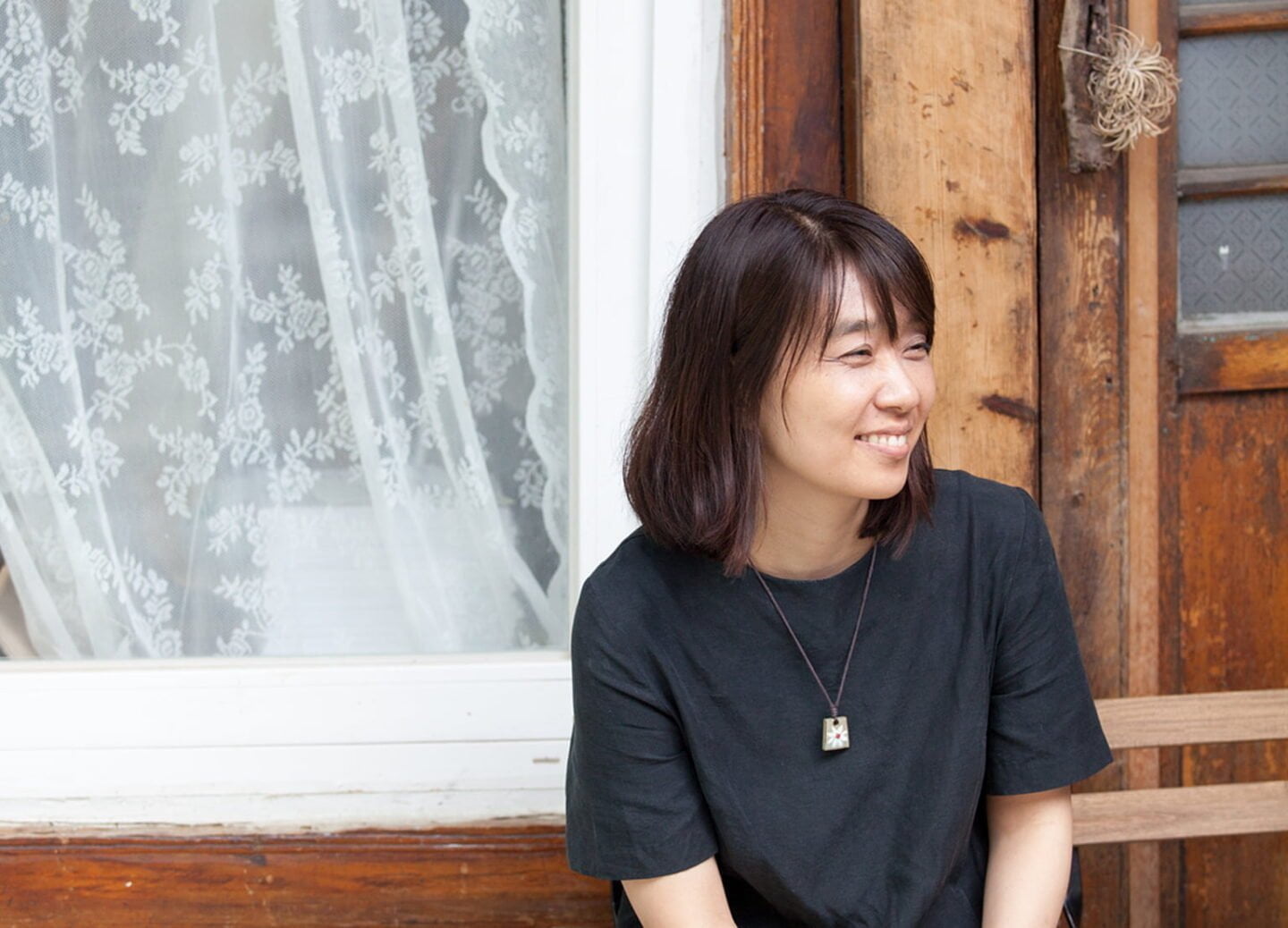
Han Kang
Han Kang was born in 1970 in Gwangju, South Korea and studied Korean literature at Yonsei University in Seoul.
Her literary career began in 1993, when five of her poems including »Winter of Seoul« were published by the Korean quarterly magazine »Literature and Society«. Her first short story »Bulgeun dat« (tr: The Scarlet Anchor), published a year later, promptly won a literary contest. In 1995, she published a first volume of stories »Yeosu-ui Sarang« (tr: Love in Yeosu); further works followed. Her short story »Nae yŏja-ŭi yŏlmae« (»The Fruit of My Woman»), was published in German in 2005 under the title »Die Früchte meiner Frau« in the anthology »Koreanische Erzählungen« (tr: Korean Tales), and by the British literary magazine »Granta« in 2016. Her third novel »Chaesikju-uija« (2007; Eng. »The Vegetarian«, 2015) is about Yeong-hye, a young Korean wife who rebels against her family and friends by becoming a vegetarian. In three interrelated stories, the author describes the struggle and inner conflict of the protagonist from different perspectives and shows how she suffers from the structures of a patriarchal society. In her delusional self-destruction, the heroine eventually becomes a plant. Han was the first South Korean to receive the Man Booker International Prize in 2016 for her novel. In »Sonyeoni onda« (2014; Eng. »Human Acts«, 2016) Han describes the massacre of students in the city of Gwangju in 1980. Han had a deep desire to write about what was happening in her hometown, and how to prevent such extreme violence from happening. Most recently, her novel »Munhak-kwa chisŏngsa« (2002; tr: Your Cold Hands) appeared in German translation about a sculptor who specializes in plaster casts of hands and whose source of inspiration is a student who was abused as a child and is now starving in protest. Han Kang’s autobiographical novel »The White Book« (2017; Eng. »The White Book«, 2017) gathers fragments of text about things that are associated with the color white, visually supplemented by black and white photographs and wide white margins, as well as blank white pages after the last chapter. The focus is on the older sister of Han, who died shortly after birth. Mourning, the strength of life are central themes in Hans’ novel which tells about life in death and death in life.
The author has received numerous awards in her home country, among them the 1999 Korean Novel Award, a literary prize for best Korean novel, as well as the Yi-Sang Literary Award for »Monggo Banjeom« (2005; tr: Mongolian Mark). Han taught creative writing for ten years at the Seoul Institute of the Arts. Now she is a full time writer, living in Seoul.
Die Früchte meiner Frau
In: Koreanische Erzählungen
dtv
München, 2005
[Ü: Ki-Hyang Lee]
Convalescence
ASIA
Seoul, 2013
[Ü: Jeon Seung-hee]
Die Vegetarierin
Aufbau
Berlin, 2016
[Ü: Ki-Hyang Lee]
Menschenwerk
Aufbau
Berlin, 2017
[Ü: Ki-Hyang Lee]
The White Book
Portobello Books
London, 2017
[Ü: Deborah Smith]
Deine kalten Hände
Aufbau
Berlin, 2019
[Ü: Kyong-Hae Flügel]
writerhankang.com/eng
